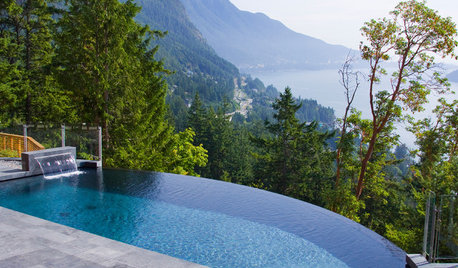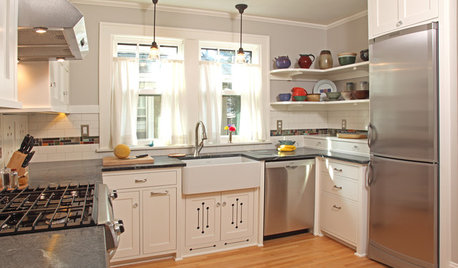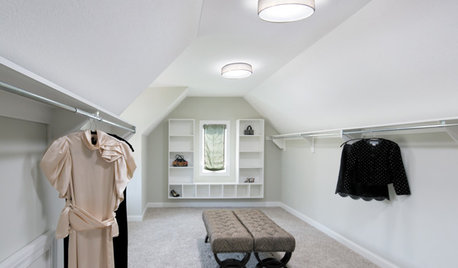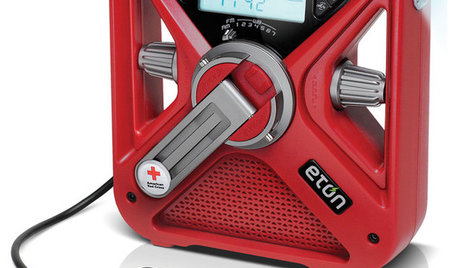Carrier Comfort vs Infinity Series
chris_tx8
9 years ago
Related Stories

DREAM SPACESWorld of Design: 15 Swimming Pools With Dream Views
Join us on a refreshing tour of spectacular swimming pools from Sydney to Moscow
Full Story
MATERIALSInsulation Basics: What to Know About Spray Foam
Learn what exactly spray foam is, the pros and cons of using it and why you shouldn’t mess around with installation
Full Story
PETSWorld of Design: Pampered Pets and Their 10 One-of-a-Kind Homes
Fall in love with these critters and their clever living spaces, from a cat playground in France to a chicken house in the U.S.
Full Story
KITCHEN DESIGNThe 100-Square-Foot Kitchen: Farm Style With More Storage and Counters
See how a smart layout, smaller refrigerator and recessed storage maximize this tight space
Full Story
GREAT HOME PROJECTSHow to Add a Skylight or Light Tube
New project for a new year: Increase daylight and maybe even your home’s energy efficiency by opening a room to the sky
Full Story
HOME TECH7 Ways to Charge Up and Connect After Disaster
Products and tips for communicating and keeping essential items running till the power's back on
Full Story
HOUSEKEEPING7-Day Plan: Get a Spotless, Beautifully Organized Dining Room
Give us a week and we’ll give you a dining room you’ll be happy to use for a special occasion or every day
Full Story
MY HOUZZMy Houzz: Classic East Coast Style in Maryland
Collected vintage finds, clean furnishings and European touches are highlights of a couple's bright and airy 1923 house
Full Story
TRAVEL BY DESIGN11 Amazing Home-Away-From-Home Tree Houses Around the World
Go climb a tree — and spend the night. Tree house hotels and lodges are booming as exotic vacation alternatives
Full Story
HOME TECHMeet the New Super Toilets
With features you never knew you needed, these toilets may make it hard to go back to standard commodes
Full Story

tigerdunes
chris_tx8Original Author
Related Professionals
Freeport Solar Energy Systems · Moreno Valley Solar Energy Systems · Whitney Solar Energy Systems · Birmingham Home Automation & Home Media · Farmington Home Automation & Home Media · Fayetteville Home Automation & Home Media · Mount Lebanon Home Automation & Home Media · Natick Home Automation & Home Media · Oceanside Home Automation & Home Media · Ponte Vedra Beach Home Automation & Home Media · Riverdale Home Automation & Home Media · St. Johns Home Automation & Home Media · Robbinsdale Home Automation & Home Media · Markham Electricians · Crestwood Fireplacesmike_home
hvtech42
tigerdunes
hvtech42
mike_home
hvtech42
tigerdunes
mike_home
hvtech42